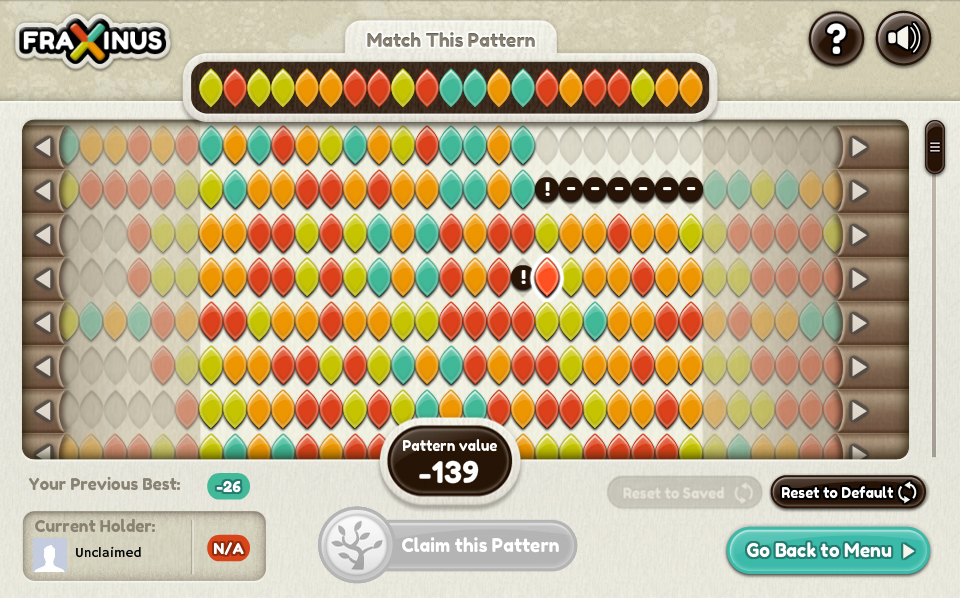Citizen science – the public participation in gathering data for scientific studies – is certainly not new, but facilitated by the ease of sharing information online, the opportunities for the public to engage in scientific data collection have increased in recent years. Zooniverse, one of the most successful platforms facilitating citizen science experiments, recently announced that they now have over 1 million registered users (this map shows how geographically diverse they are), quite an impressive milestone to reach in just seven years.
Projects aiming to harness the intelligence and processing power generated by citizen participants span diverse fields. For example, Zooniverse’s Cell Slider allows participants to distinguish cancerous from non-cancerous cells, working on real cancer data. Meanwhile, in the field of genomics and evolutionary biology, Open-Phylo provides another example of a freely accessible crowd computing platform enabling scientists to crowd-source assistance in solving multiple sequence alignment problems (you can read more about this in Genome Biology and Biome). The Cornell Lab of Ornithology also runs several citizen science projects generating data for ecological studies.

Games are playing a big part in developing this new area of citizen cyberscience. Gamers have helped further our knowledge of the structure of RNA molecules, determining the primary sequence structures through the online game Eterna; and by matching patterns on Facebook game Fraxinus, citizens are helping to discover Ash trees that are resistant to ash dieback.
For some, citizen science promises to bridge the void between scientists and the public, involving citizens in research that is mutually beneficial. It both increases the amount of data that can be collected and analysed, and increases interest and understanding of scientific studies which are often publicly funded. Indeed, science outreach and education continues to be a significant challenge, as shown by the latest report on the subject out of the National Science Foundation.
“The practice of science traditionally operates in labs, field stations and offices, isolated from mainstream culture, which can lead to public skepticism of research and limited communication between scientists and laypeople. The solution is citizen science.”
– Caren Cooper, Cornell Lab of Ornithology
But what are the implications of publishing scientific studies which, by definition, rely on the engagement of a broad group of participants?
If the public collect the data, who owns it? How can scientist participants be encouraged to share their data? Given that citizen science presents opportunities to continue to collect data, can research outputs be updated periodically or in real time? What incentives are needed to encourage citizen scientists? How important is it that the publications coming from citizen science projects are available to citizens?
BioMed Central is organising a panel discussion about these questions at the Citizen Cyberscience Summit in London this Friday.
Panellists
Caren Cooper, Cornell Lab of Ornithology (chair), @CoopSciScoop
Robert Simpson, Zooniverse, @orbitingfrog
Shannon Dosemagen, Public Laboratory for Open Technology and Science, @sdosemagen
Rick Bonney, Cornell Lab of Ornithology
Dan MacLean, Sainsbury Lab, @danmaclean
If you have any questions for the panel on issues surrounding publishing citizen science we’d love to hear from you and welcome your questions in the comments on this blog.
 For more information visit the session overview here, or follow the panel discussion on Twitter using the hashtag #CCSpub.
For more information visit the session overview here, or follow the panel discussion on Twitter using the hashtag #CCSpub.
The organisers of the Citizen Cyberscience Summit give some idea what to expect from the conference in this podcast, and you can follow the general conference hashtag #CCS14.
One Comment